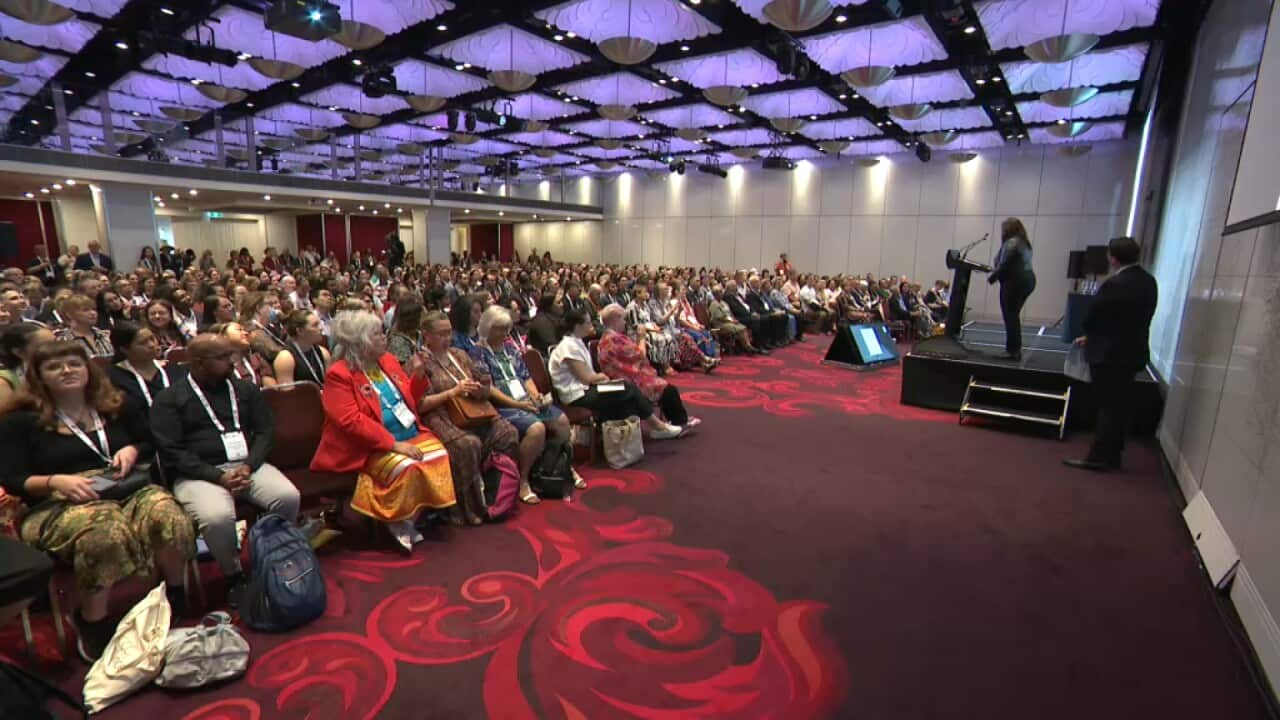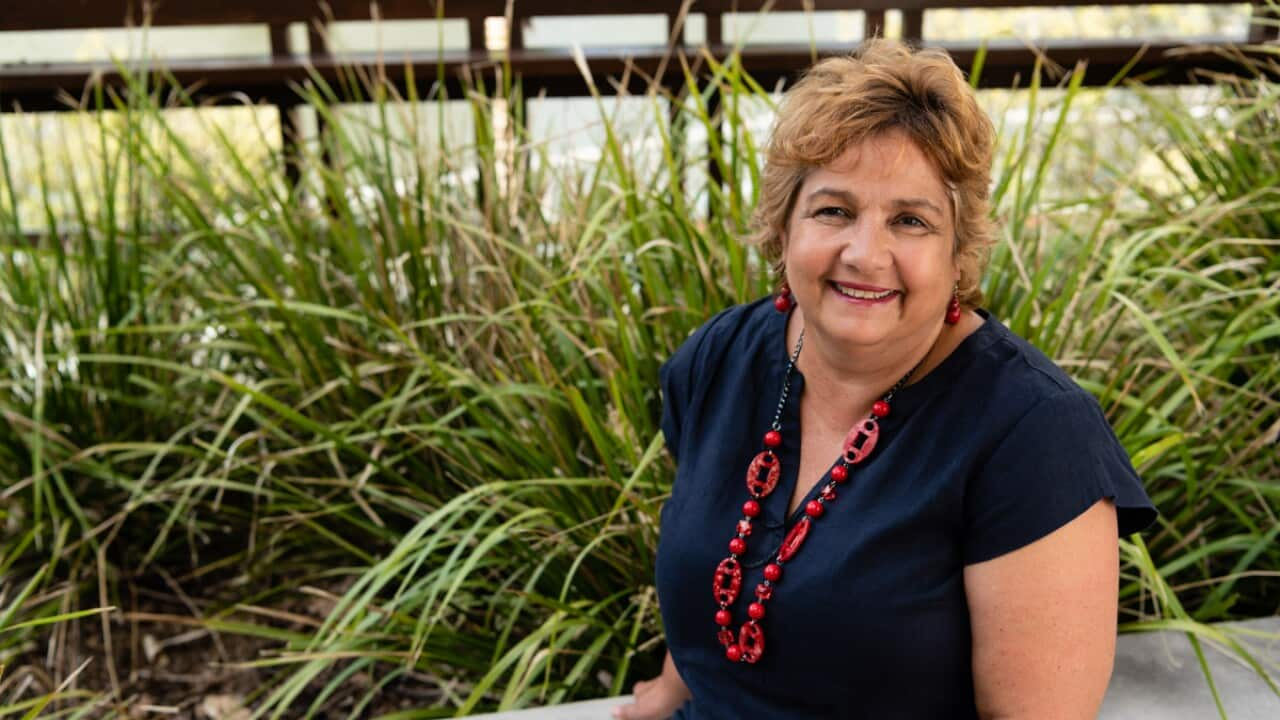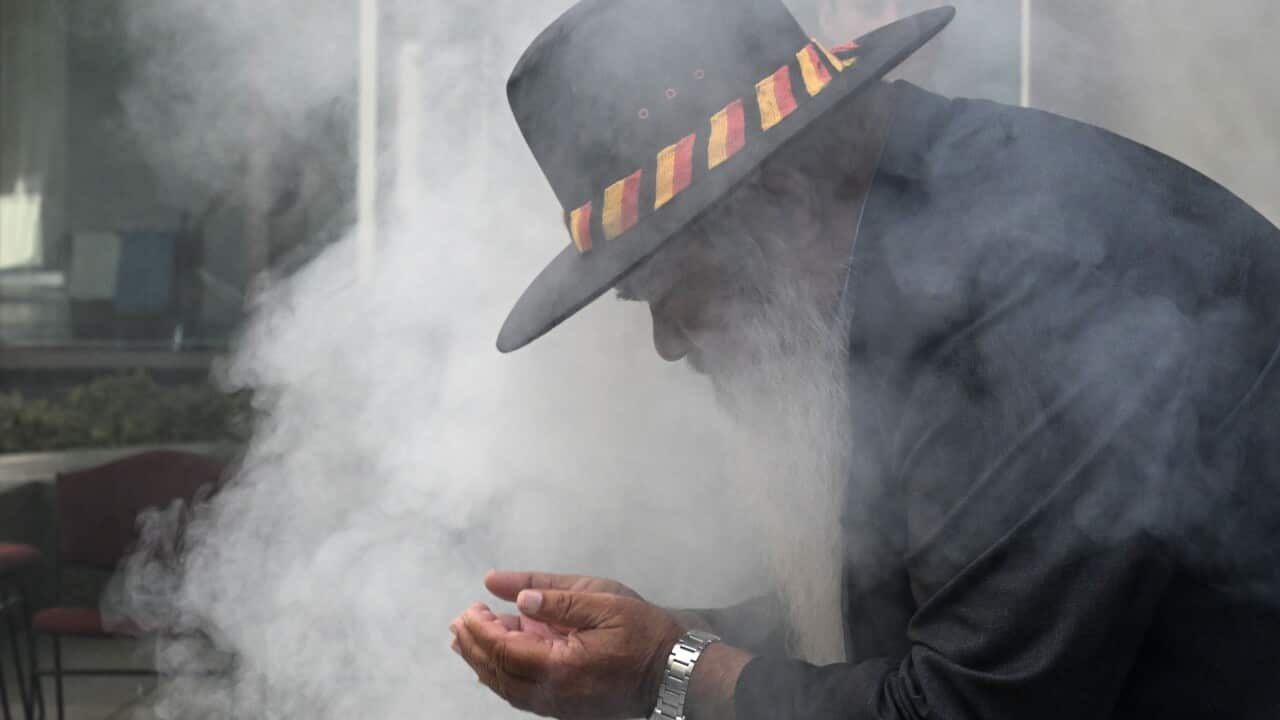More than 500 experts, community representatives, and advocates from seven countries have arrived in Victoria for the third ever World Indigenous Cancer Conference (WICC).
The event's founder, Professor Gail Garvey, told NITV the conference is an incredible opportunity for experts from around the world to share their knowledge and experiences.
“We can come together as Indigenous peoples with a focus on trying to improve outcomes for Indigenous populations," said Professor Garvey, a Kamilaroi woman.
"So it’s a strong collaboration of people from Canada, the United States, Aotearoa/New Zealand and the many other Indigenous nations around the world."

Professor Garvey has been a tireless advocate for Indigenous health, focussing on reducing rates of cancer.
, lung cancer is one of the leading causes of death among Aboriginal and Torres Strait Islander peoples.
Conference convenor and Yawuru woman, Associate Professor Kalinda Griffiths, said it was a major priority.
"It is probably our biggest focus area and it's the requirement for target when it comes to ensuring that we're going to tackle the cancer gap," she said.
"It’s a 20-year lag time - we’ve got Aboriginal people who have taking up smoking at a later date and they’re not putting it down as quickly as non-Indigenous people.”
, but as of 2018-19 First Nations people were still 2.9 times more likely to smoke than non-Indigenous people according to the AIHW.
"This speaks to ensuring we have Aboriginal and Torres Strait Islander leadership with the way in which we drive those prevention programs," she said.
"if we don't have Aboriginal people at the forefront in the discussions there isn't really a purpose behind Indigenous peoples not taking up smoking."
“We’ve been colonised - at the end of the day colonisation is bad for our health, and there’s a lack of trust in what governments and in what non-Indigenous people are saying.”
Professor Garvey said another challenge in cancer treatment was a lack of culturally safe care.
“We don’t have Indigenous people working in cancer care and supporting our Indigenous populations, we’re also dealing with health systems and cancer care services that are outright racist," she said.
Cultural safety is a key theme of the WICC, which began on Sunday with an Elders and Youth forum, and has a yarning circle running throughout the conference.
“Ensuring that we have Indigenous voices that guide this program across the next three days is absolutely crucial - this is why we had the Elders and youth forum, and it’s about the continuity of culture," said Associate Professor Griffith.












